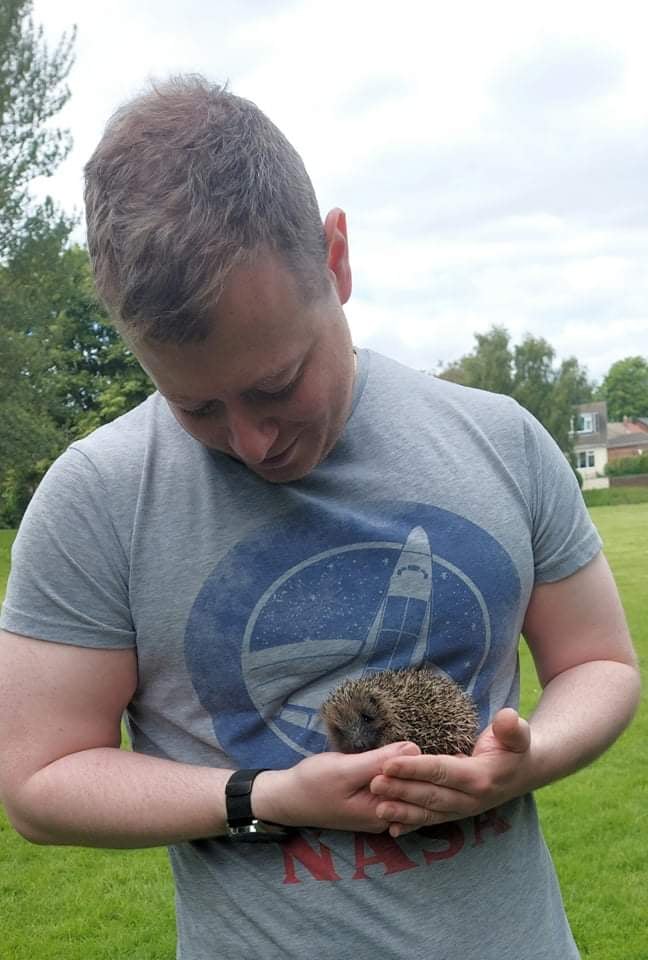Girl Power? Tyneside is preparing to celebrate a festival of women, but the campaign for gender equality relies on men too, discovers Sarah Sinclair.
Meeting up with the organisers of a festival set to celebrate the stories of women, I hadn’t expected to be talking about men. But feminism is for boys, too.
“It’s all well and good empowering young females to recognise that they are equal, that they have a voice,” said Clara Shield, project co-ordinator, for Women of Tyneside. “However, if we educate boys to recognise that women are equal, that women can do everything they can, I think we’ll see a shift.”
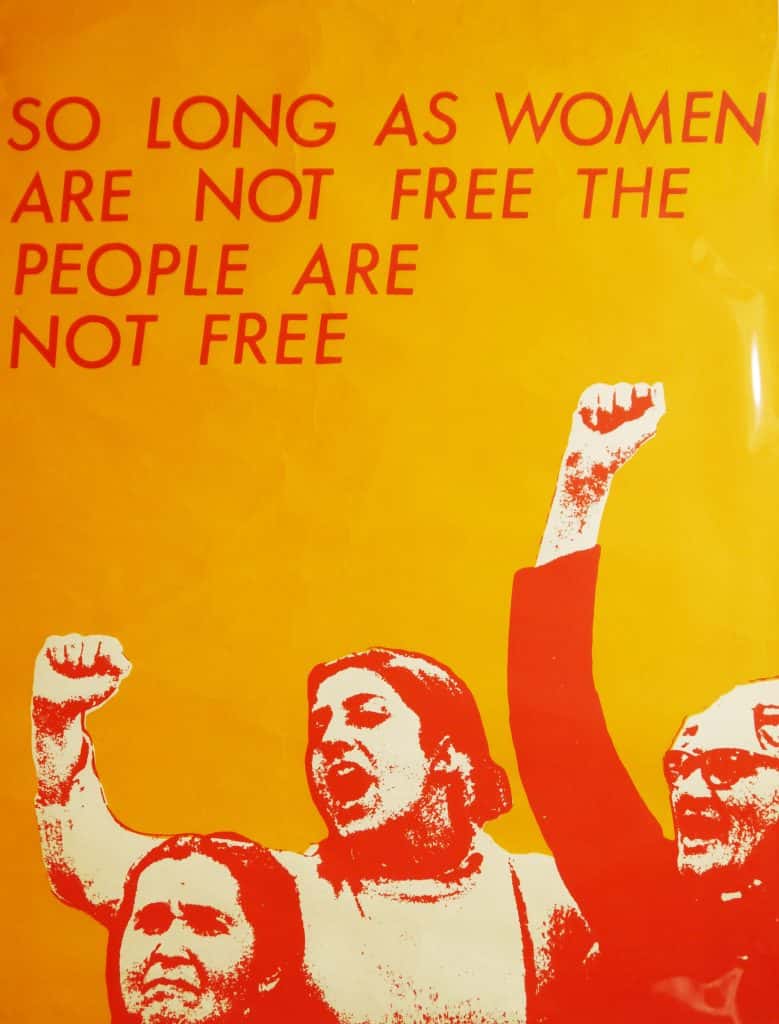
Penny Remfry, a trustee and founding member of Rape Crisis Tyneside and Northumberland, agrees. With pornography increasingly available to infiltrate young minds, she believes this education must start early. “Boys really young – primary school age – are accessing it now,” she said. “Their expectations of women and what they are like, what they enjoy sexually, is totally distorted. It’s having a really bad effect on young women. We’re seeing the rise of self-harming and mental health difficulties among girls at school, which is really dreadful.”
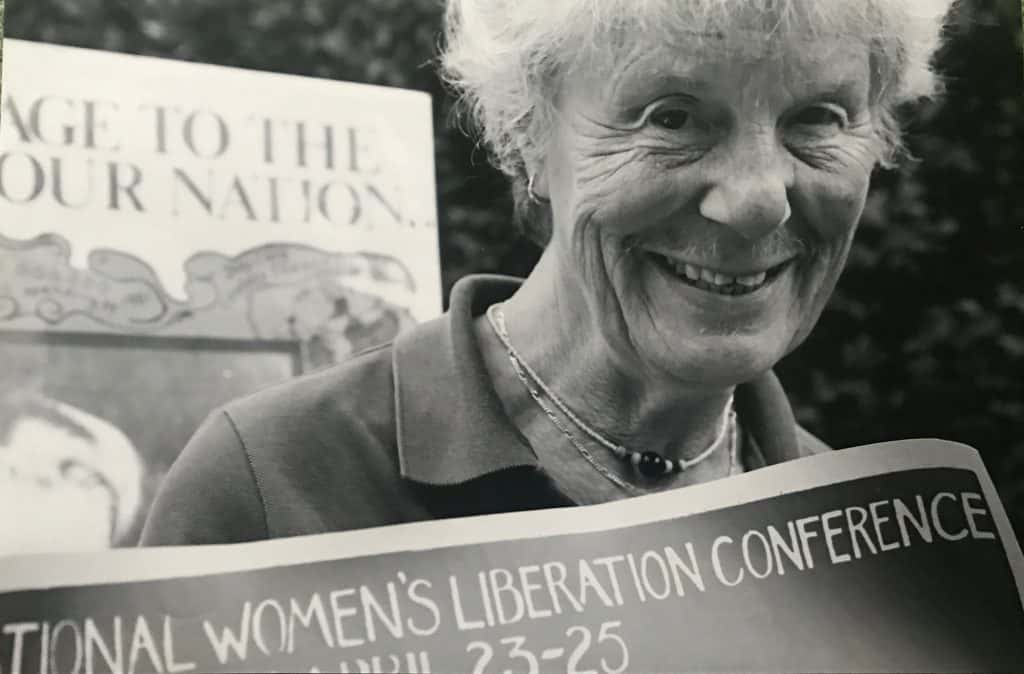
The Women of Tyneside project was set up in 2017, by Tyne & Wear Archives & Museums (TWAM), to shine a spotlight on the stories of the region’s women. International Women’s Day (8 March) sees the launch of the Tyneside Festival of Women, a programme of events celebrating what it means to be a woman on Tyneside today. However, the festival will also host an event exclusively for boys. In a workshop entitled ‘If Girls Ruled the World’, boys aged eight-to-13 will work with a male artist on a unique contribution to the project.
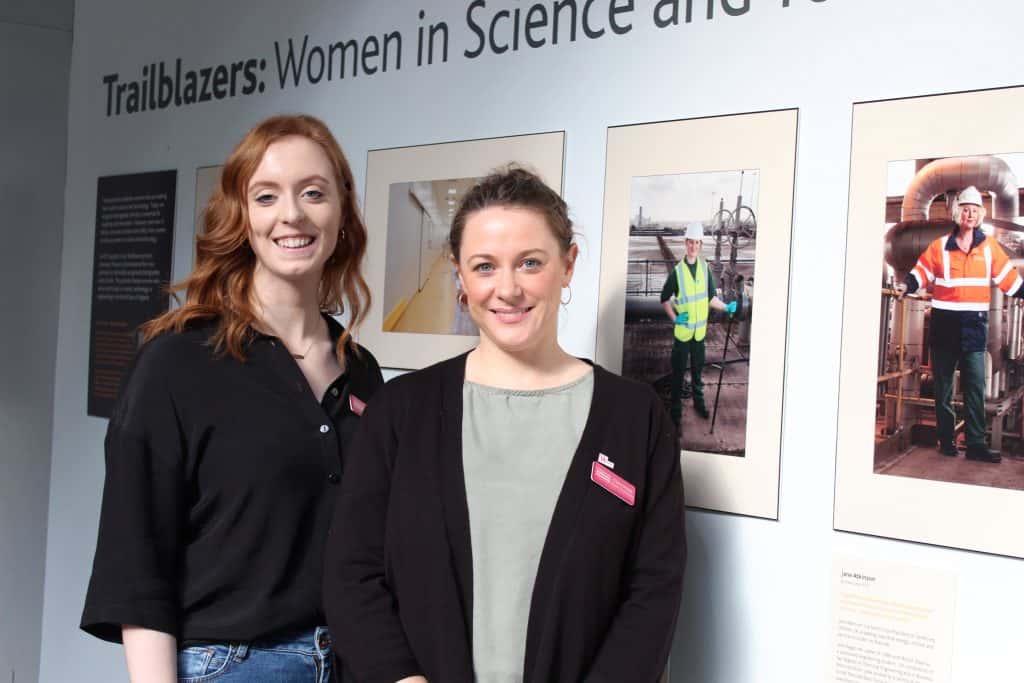
“It’s about educating men and boys to understand their privilege,” continued Clara. “There are givens in society, because we live in a patriarchal world, that need to be challenged. We need boys and men to challenge that alongside women.”
But in order to raise feminist boys, they need positive male role models to look up to. As Penny asked: “Where are the men taking on this issue with boys? I think it has to be men.” For this reason, Clara hopes fathers and male guardians will attend the workshop too: “You need a version of yourself, someone to look up to who has these values.”
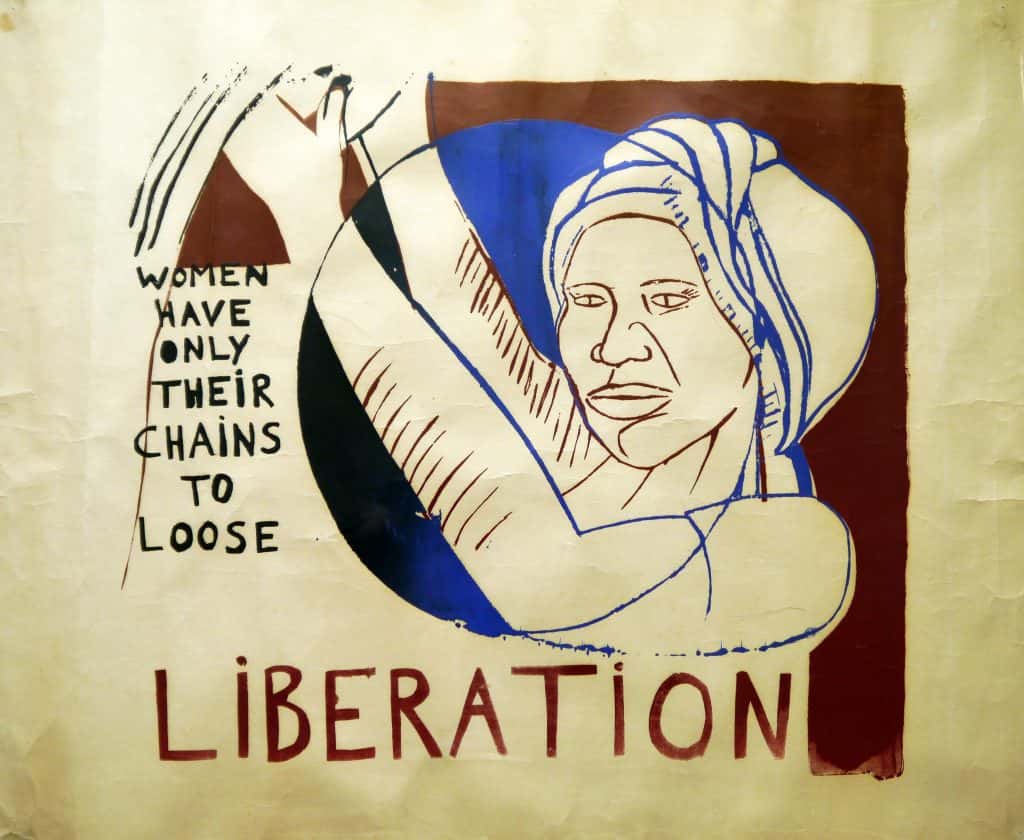
Tyneside is not a region known for its ‘girl power’. With coal mining and shipbuilding at its core, many local women’s stories have been lost in a sea of male voices. “Tyneside is known for a very normatively masculine history,” explained fellow project co-ordinator, Gemma Ashby. “Through the women we’ve worked with, we’ve picked up on the fact that they didn’t think their stories were as relevant, as equal, or as worthy of being represented within a museum.”
And that’s where the Women of Tyneside project comes in. Funded by the Esmée Fairbairn Collections Fund, over the last year the project has engaged with a diverse range of local women’s groups to create TWAM’s first ever women’s collection.
“It’s been easy to see where gender inequality is still prevalent,” said Gemma. “Period poverty in the region, lack of healthcare support – especially for women going through the menopause – challenges around education and encouragement into science, technology, engineering and mathematics fields.”
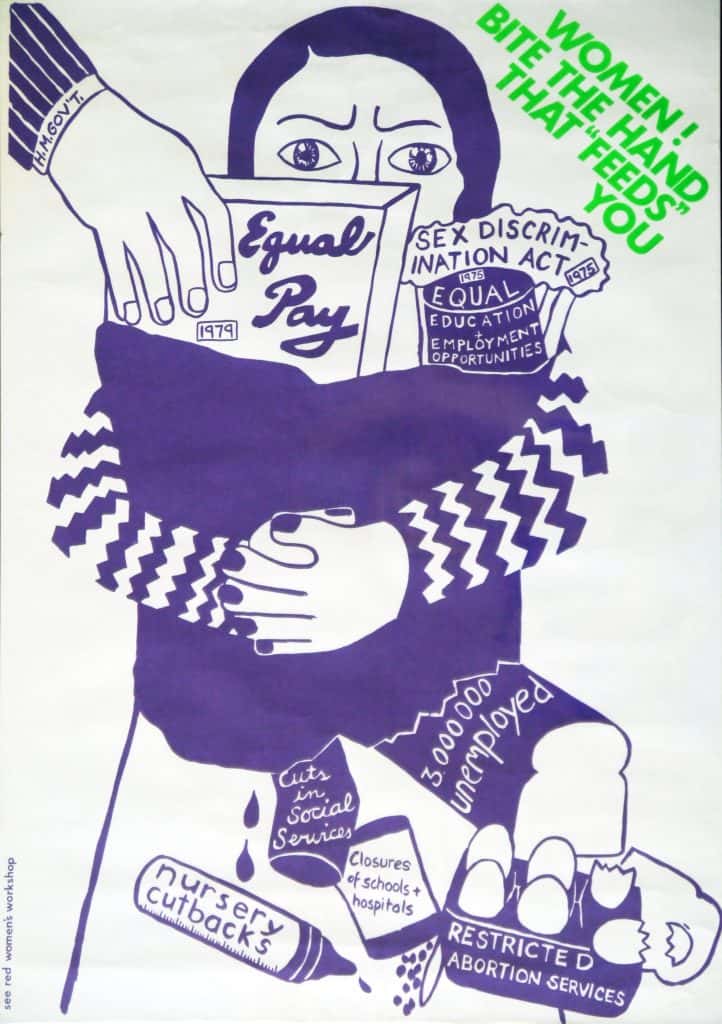
Clara added: “It’s interesting to look at how much progress has been made, yet the people who make key decisions and have that influence of power are still men. That just shows there’s still so much further to go.
“Young women are being educated and empowered and now understand more than anything, historically, what has brought us to this point, and yet we’re starting to see real challenges.”
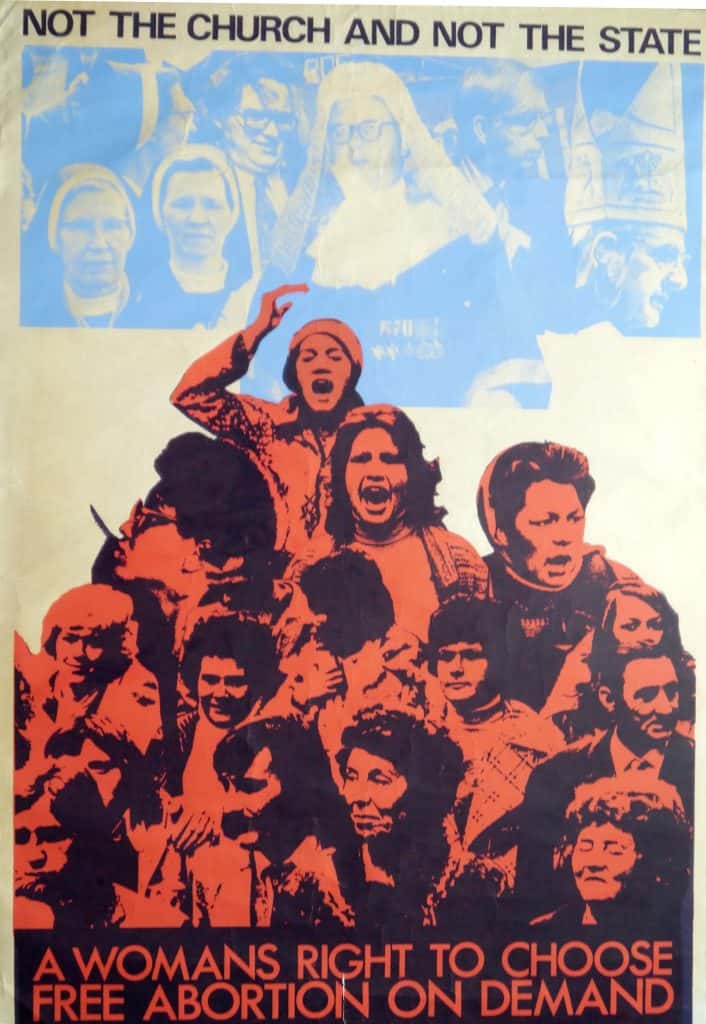
Some of these contemporary issues are highlighted in Penny’s collection of feminist posters from the women’s liberation movement. Set to be exhibited as part of the festival – and eventually donated to the collection – these markers of history from more than 30 years ago seem surprisingly relevant today. “Whether you’re male or female should not make any difference,” said Penny. “Men and women should be treated equally, with respect and have the same opportunities.”
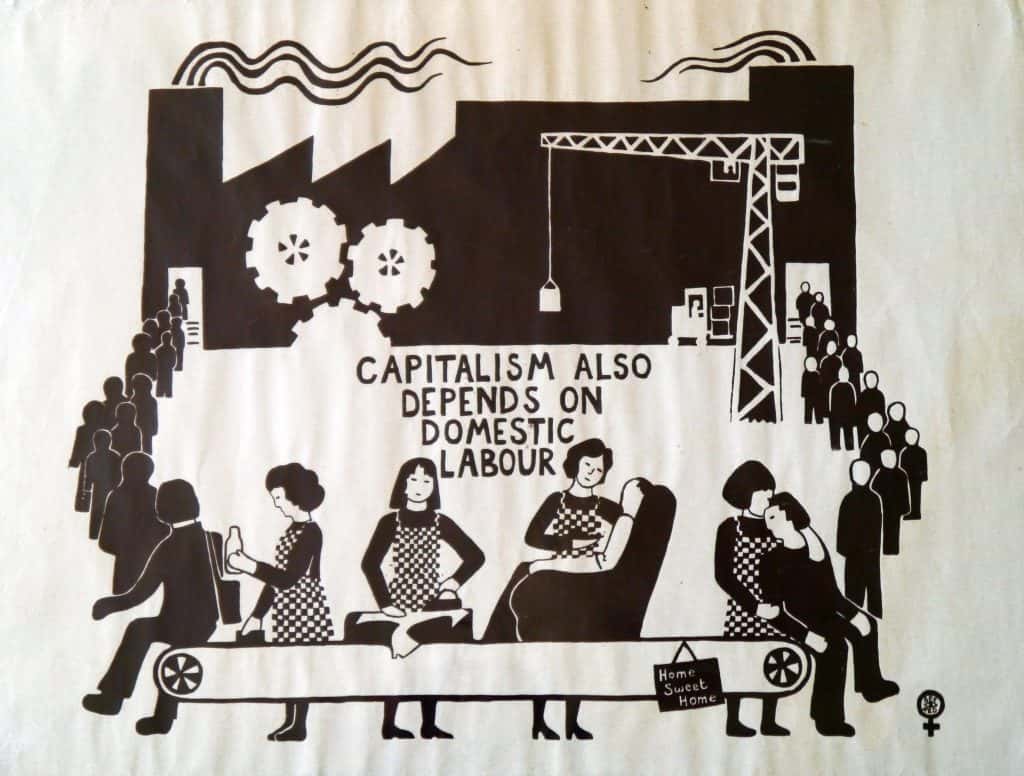
Newcastle artist Melanie Kyles is running a body image and identity workshop as part of the project. As both a feminist and a fashion designer, she struggles with the conflict between the two. “At the moment, feminism is a big trend, but once something becomes a trend it becomes capitalised,” she said. “There’s been a lot of exposure in the media, of garment workers being treated appallingly… you can’t wear a T-shirt that proclaims you are a feminist whilst it’s exploiting other women.”
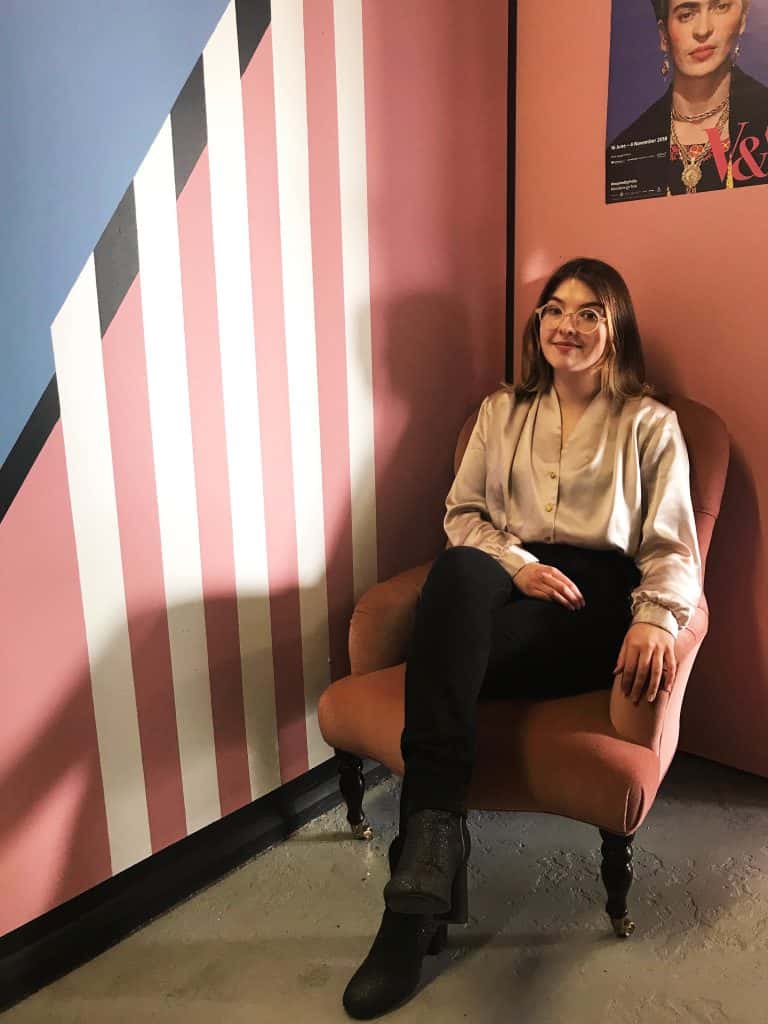
Clara believes that part of the problem is a lack of role models for young women. In workshops examining the themes of aspirations and role models, women identified a lack of those which weren’t celebrity endorsed, she explained: “[This] brings issues around body image, representation in culture, and the effect that has on all women… but particularly young women.”
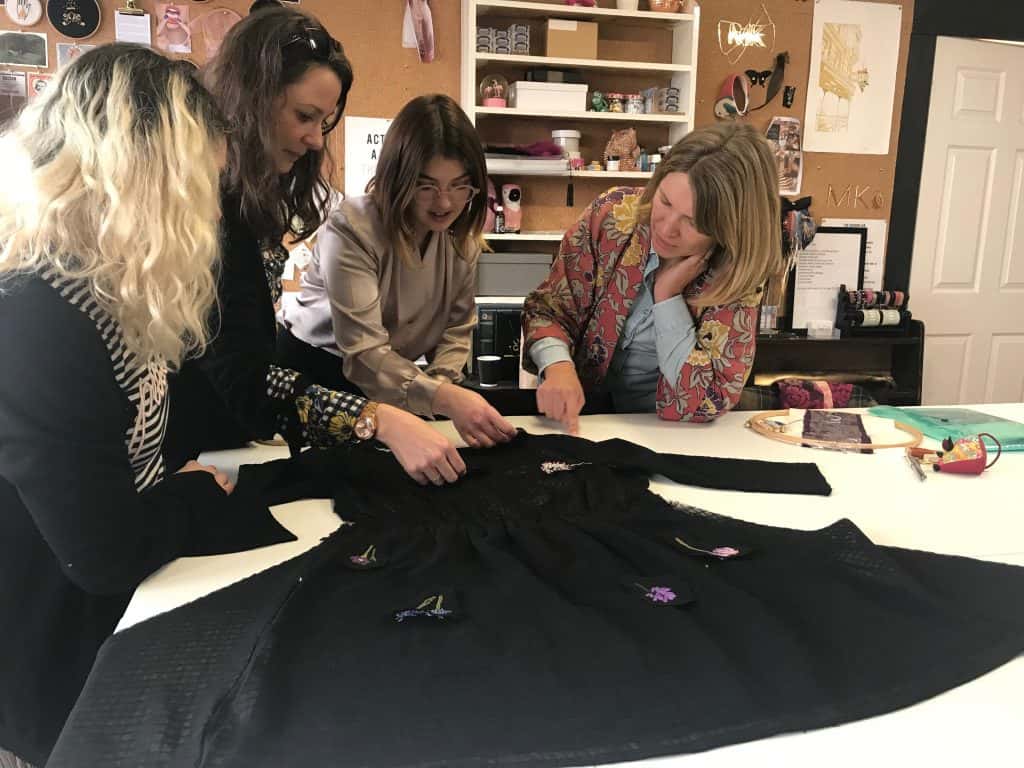
However, for Melanie, role models now come in the form of social media influencers. She cites examples such as the model Harnaam Kaum and Chidera Eggerue (aka, “The Slumflower”) as having a positive impact. “Social media, for all of its faults, is great because it allows non-celebrities and smaller groups to rise up. There’s becoming a more diverse range of role models,” she said. “[The internet] connects people. It’s made things progress a lot quicker than it would have done in the past.”
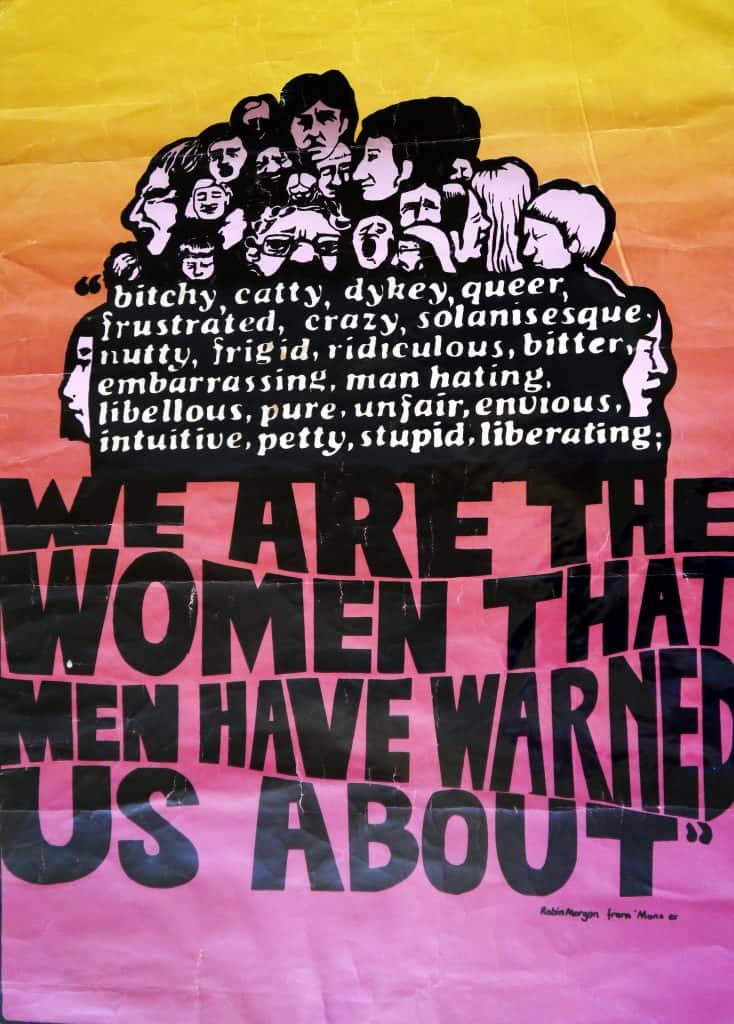
But social media can also cause an ‘echo chamber’ effect, and project participant Jan Southern wonders whether people voicing opinions online – and surrounding themselves with similar views – actually dulls down the campaign. “Putting voices out on social media doesn’t necessarily make a difference,” said Jan. “It’s not lobbying, it’s not haranguing people at meetings. It’s a backseat activism.”
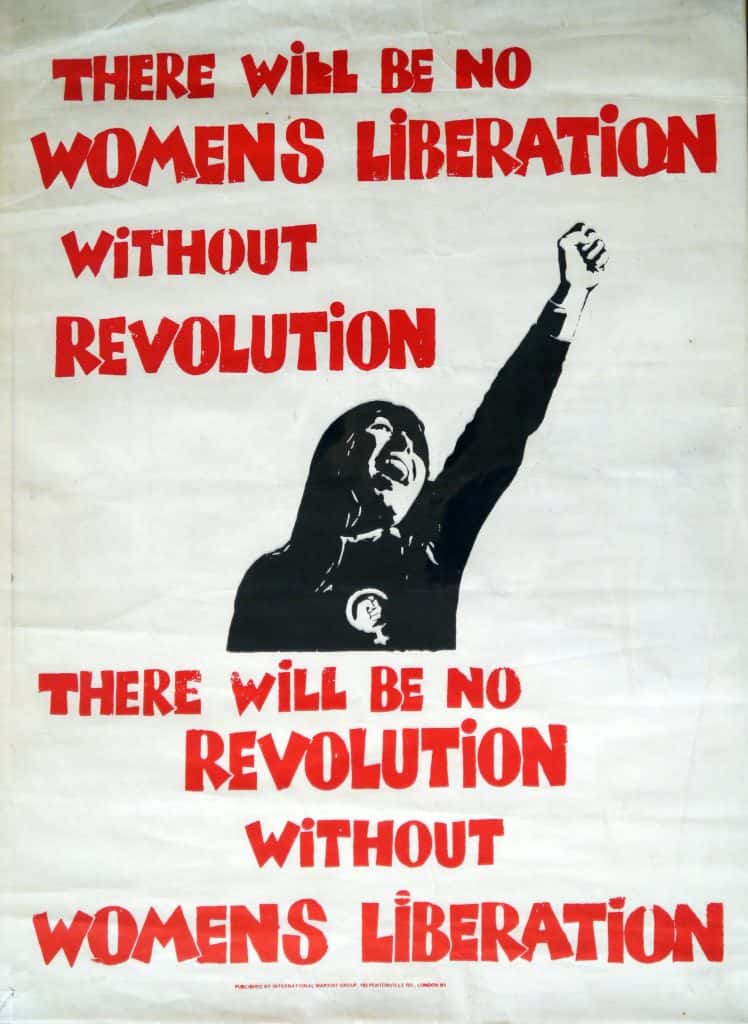
With feminism facing so many contemporary challenges, projects such as Women of Tyneside are vital for amplifying women’s voices in the region. “It sometimes feels like it’s two steps forward one step back,” admitted Penny. And yet, a new generation of feminists are inspiring hope.
“Teenage girls are aware of the word feminism, of gender inequality and feel very angry and spirited about it,” said Clara. “That is really refreshing because they are the future moving forward.”
Penny agreed: “I’m hopeful. I think it’s very exciting that women are on the move again.”
Perhaps for real progress though, that movement needs not only women, but men too.
Tyneside Festival of Women takes place from March – June 2019 across the region. Click here for the full programme
Penny Remfry’s collection of posters will be on display at Northumbria University City Campus Library, in ‘A brief history of feminist posters’ from 11 – 19 March.
All posters courtesy of Penny Remfry’s collection contact: premfry015@aol.com



